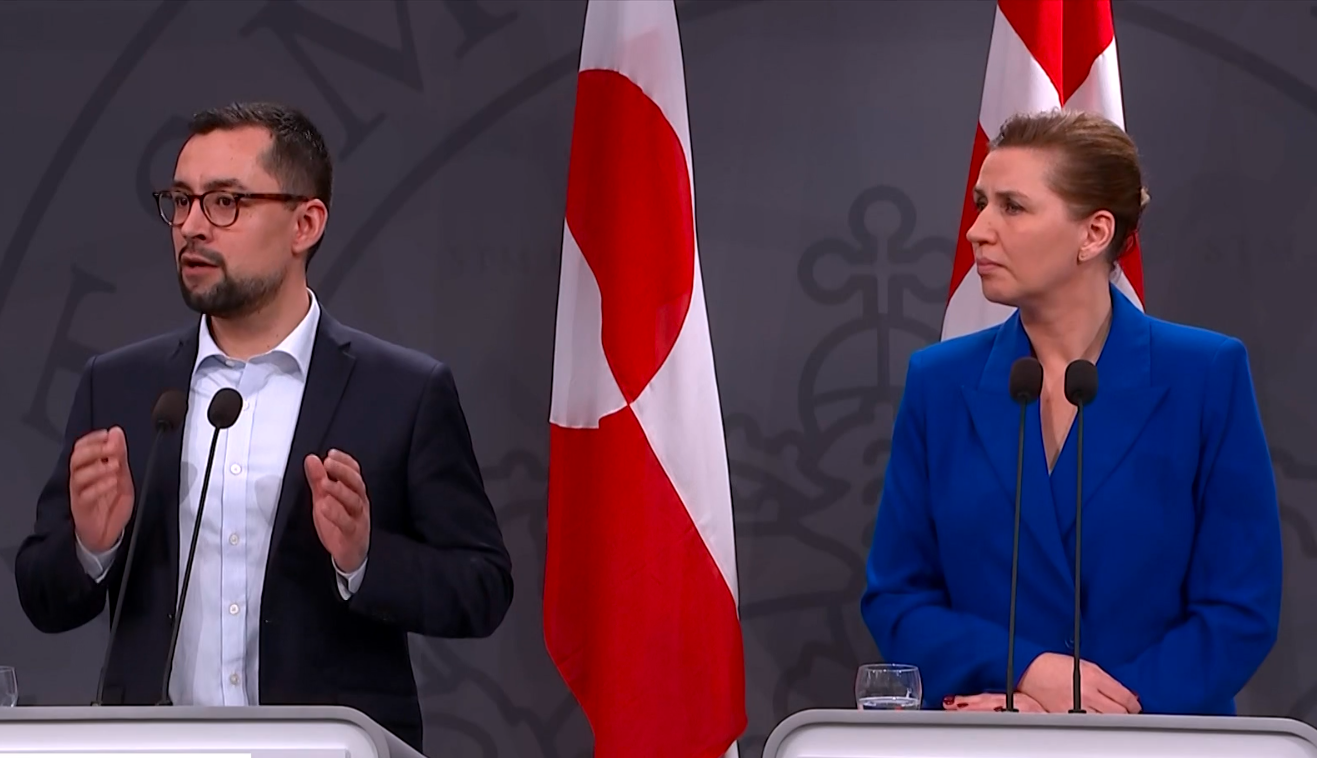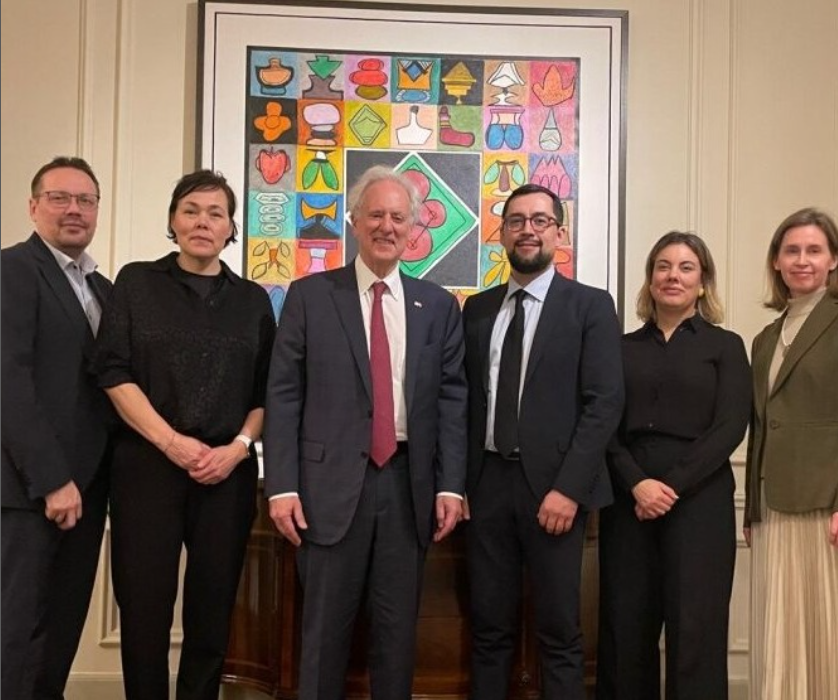According to Børsen newspaper, unnamed sources have confirmed that the government and the union movement have come to terms with the scrapping of two holidays in connection with their three-party negotiations.
One of the holidays to be ditched is Great Prayer Day (Store bededag, celebrated on the fourth Friday after Easter), while the other day has yet to be decided.
The labour spokesperson for the Socialdemokraterne, Leif Lahn Jensen, refused to comment on Børsen's claims.
“I don’t have any comments on the subject before the three-party negotiations commence,” Jensen told Jyllands-Posten newspaper. “It is a principle that I have maintained that we will not discuss this issue via the media.”
The proposal will mean that employees on an hourly wage will be paid to work two extra days a year, while permanent employees face working the extra days for no benefit.
The decision must be ratified by parliament, and early responses to the initiative indicate that the idea lacks unified support. Enhedslisten spokesperson Christian Juhl called the proposal "ridiculous" and Konservative spokeswoman, Mai Henriksen, agreed that money should be found elsewhere.
“I think it’s a really bad idea. The days are important to many Danes as they help promote culture,” Henriksen told Jyllands-Posten. “I vehemently oppose this deal and I think the money should be found elsewhere, such as through growth in the public sector or through reforms.”
Ulla Tørnæs, a spokesperson for opposition party Venstre, was equally perplexed at the proposal, emphasising that the holidays contribute to the Danish social connectivity.
“It is a really, really poor idea. The holidays provide space in the calendar for many Danish families to reconnect and I think we should maintain that,” Tørnæs told TV2 News. “Instead we should be focusing on getting rid of paid holidays or paid lunches.”
The proposal comes as part of the three-part negotiations between the government, the employers and the labour force and is expected to be ready before summer.
According to the government's 2020 economic plan, the goal is to contribute 20,000 more people in extra labour force as well as find four billion kroner for the state budget.
The elimination of the two holidays is expected to generate enough funds to cover the four billion needed.














